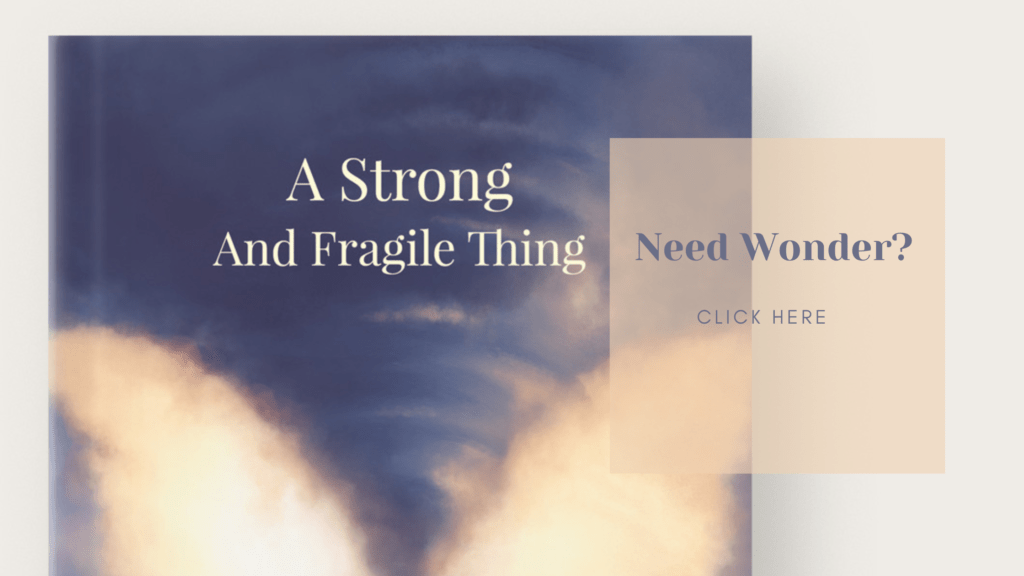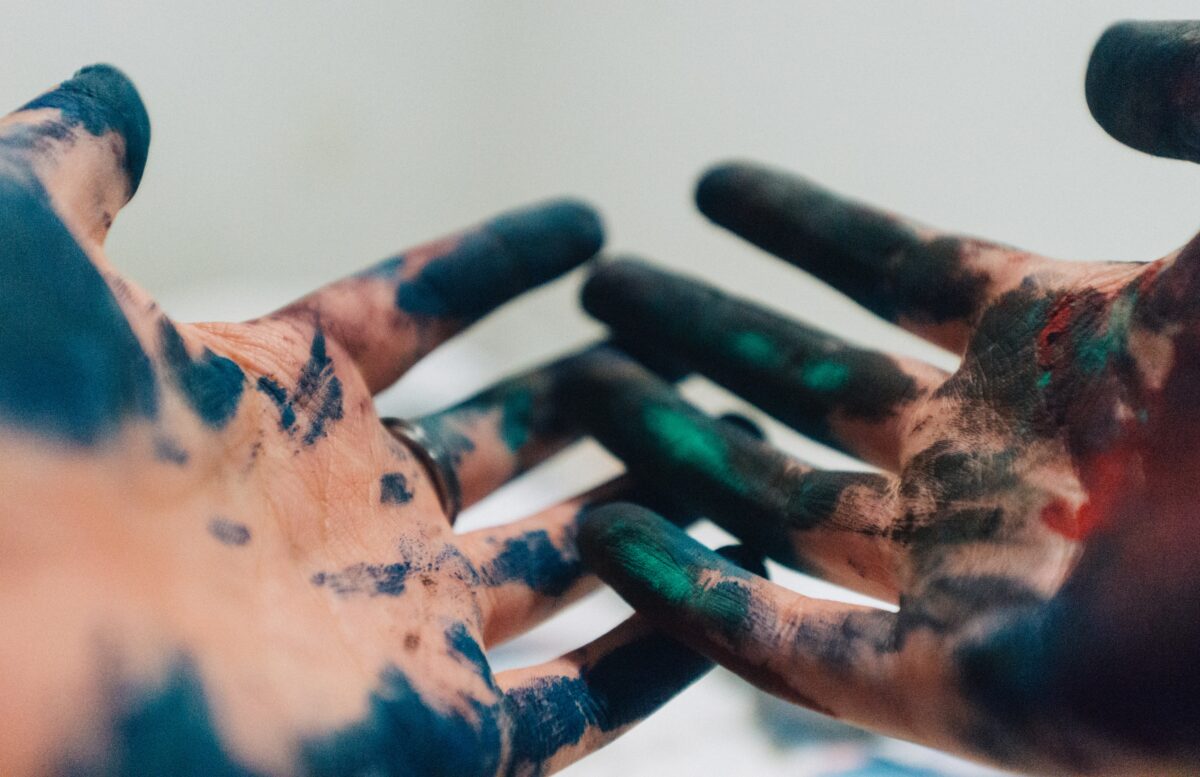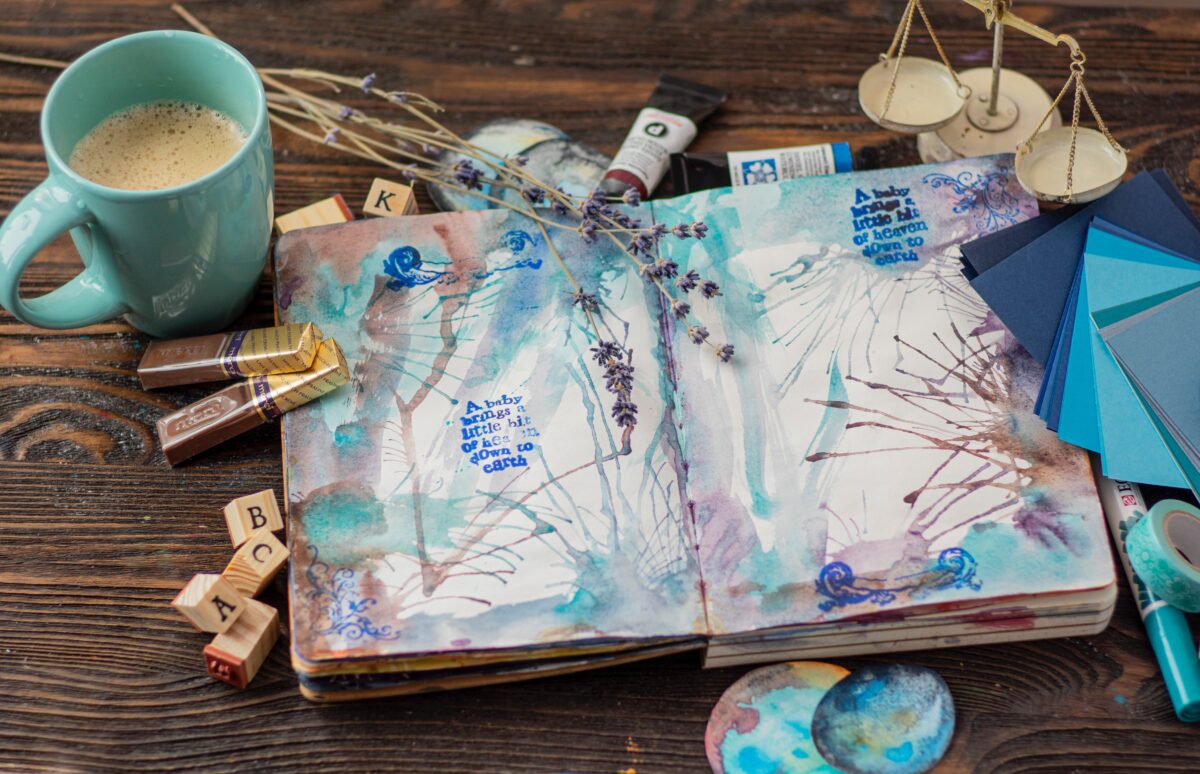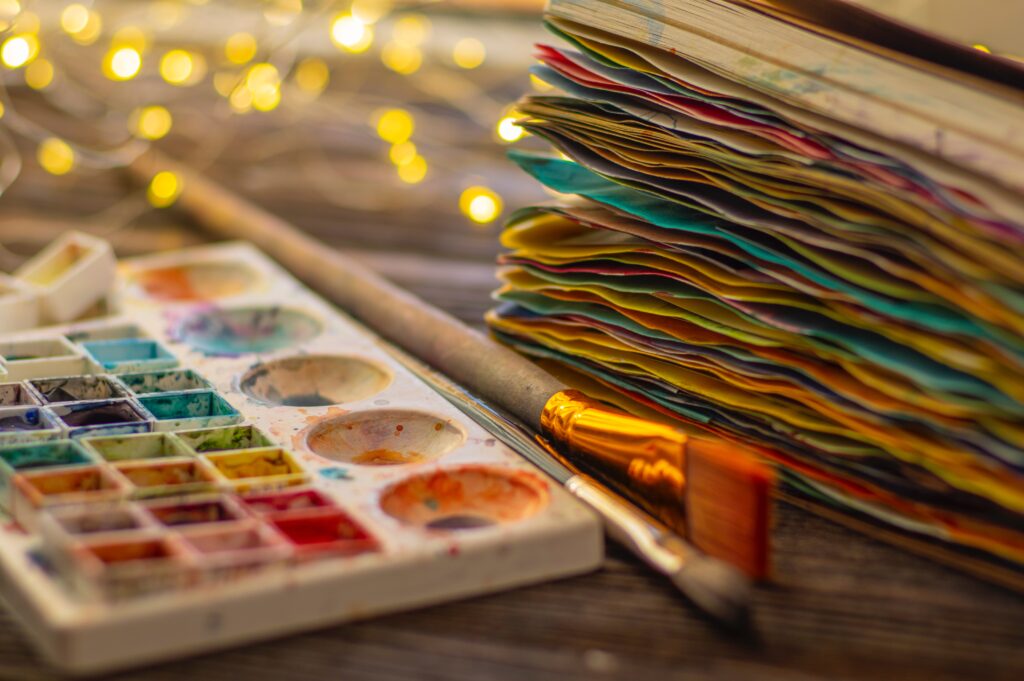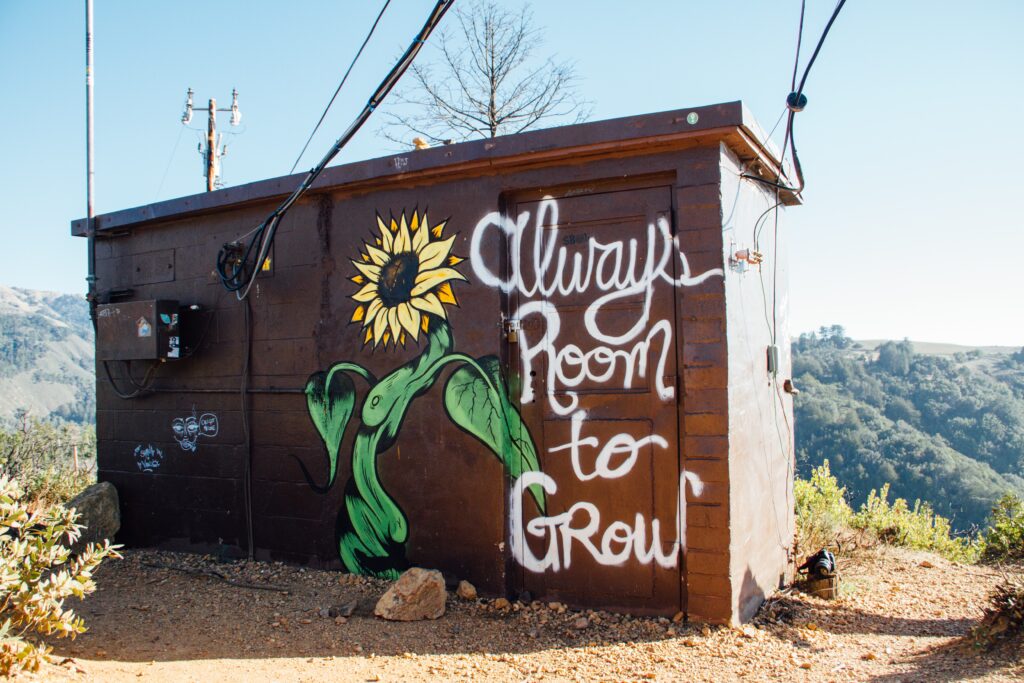Creating something new can be an exciting and daunting task. The idea of bringing something unique and innovative to the world is often filled with expectations of success and satisfaction. However, the reality of creating something new can be vastly different from what we envision.
Nothing I have ever created has turned out exactly like I planned. Whether it be a book, journal, blog post or writing retreat, all emerge into the world unlike how they start in my head. Not only does the end result look different, but the process, how they form and develop, always takes an unexpected route. Let me elaborate by sharing with you an expectation followed by the reality of what really went down.
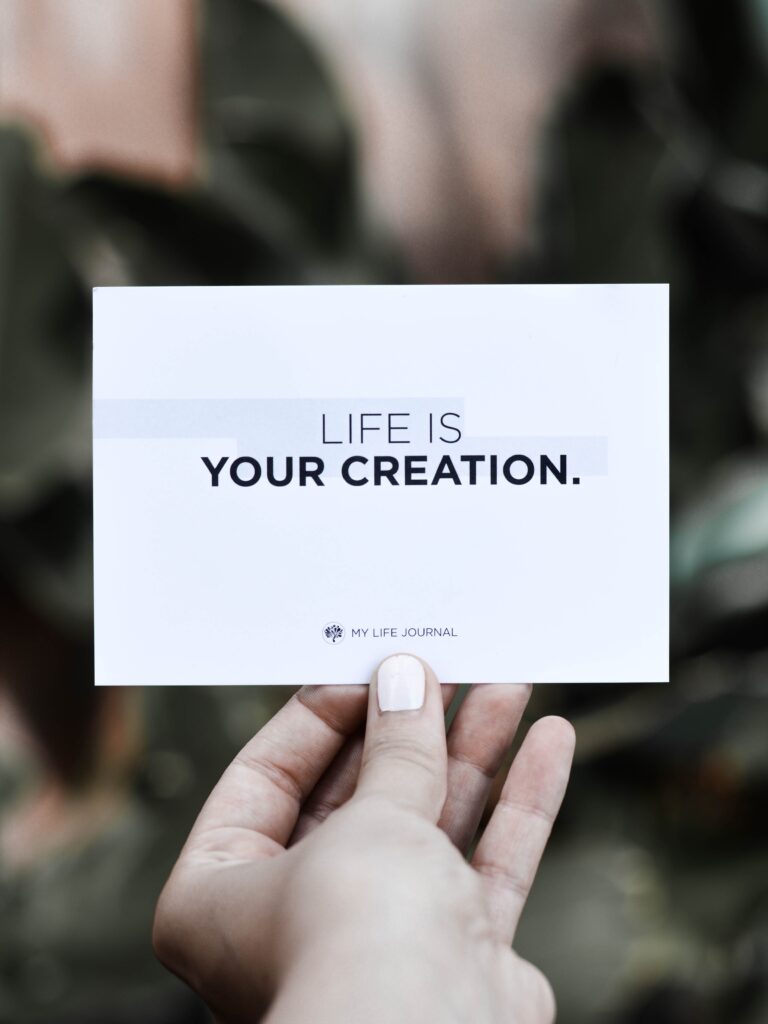
Expectation: Creating something new is straightforward.
Reality: Creating something new is often complex and requires time, education, and resources.
For me, every journey to creation is filled with setbacks, failures, and uncertainties. Initial ideas change and evolve over time. I have to be willing to experiment, learn from mistakes, adapt to new information and risk appearing like an absolute fool.
Expectation: Creating something new will result in immediate success and recognition.
Reality: Creating something new does not guarantee success or recognition.
Every time I create something new, the response to it is gradual. I have learnt that success is determined by timing, market demand, competition, and luck. Every new thing I put out into the world requires me to have a long-term vision, perseverance, and a willingness to let others make it their own.
Expectation: Creating something new will bring immense satisfaction and fulfillment.
Reality: Creating new things can be emotionally taxing and challenging. It’s common for creators to experience self-doubt, anxiety, and stress during the process of bringing their creation to life.
During the creation process, I regularly feel pressure to meet personal expectations and external standards. I need to find a balance between passion and detachment, so I can passionately invest in what I am creating but not be defined by it. I experience creative block, crippling procrastination, dissatisfaction and frustration in my work.
Expectation: Creating something new is a solo endeavor.
Reality: Creating something new often requires collaboration and support from others.
Along the way I always seek feedback, advice, and guidance from trusted sources. I need to establish small teams with diverse perspectives, skills, and resources. Every book needs an editor, every journal needs cover design, every retreat needs supporters to help gather and serve those who attend, every blog post needs to be researched by reading the words of experts. In reality, nothing I have created would be here without others.
Expectation: Creating something new is a linear process.
Reality: Creating something new is a nonlinear and dynamic process.
There are twists and there are turns. I navigate uncertainty and ambiguity. I pivot, adjust my approach and continually tell myself ‘Be flexible Loz, flow with it’ until my ridged little fingers learnt to let go and trust.
And so it is with anyone who creates something new. It is a complex, emotionally taxing, non-linier collaboration. But boy oh boy is it worth it!
